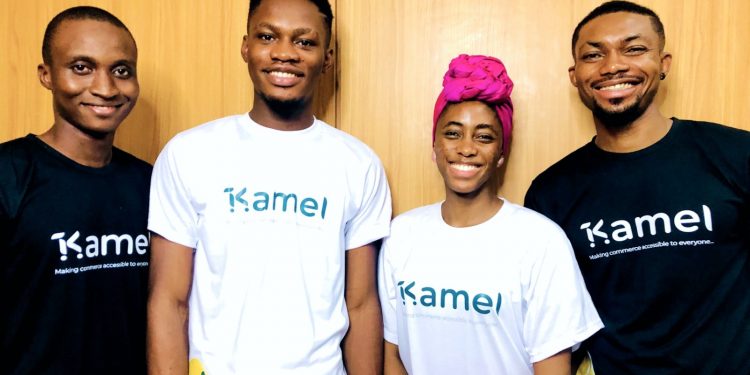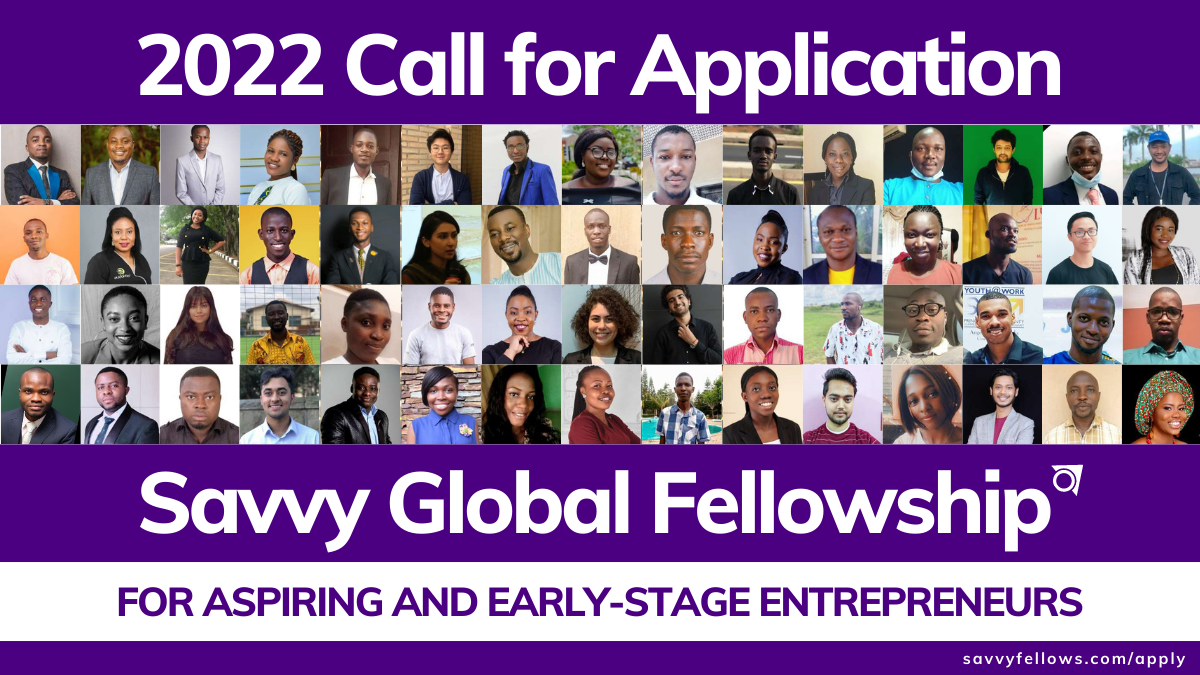With a population that is both young, tech-savvy and entrepreneurial, Nigeria, and indeed the wider African continent presents an undeniable opportunity for e-commerce. Yet, many businesses across the region remain under-equipped to take full advantage of this potential due to high technical barriers for setting up a storefront, limited access to capital to purchase inventory, as well as inadequate logistics infrastructure. This is where social commerce—distinct from the conventional e-commerce approach—emerges as a game-changer for Africa.
Unlike traditional e-commerce, which focuses on individual transactions through centralized platforms, social commerce leverages the power of community and relationships. It enables individuals to sell, promote, and purchase products within their networks, creating a more localized, trust-based system. This model is uniquely suited to Africa’s trade landscape, where trust, word-of-mouth, and community-driven business are integral to success.
Kamel, an early-stage social commerce platform based in Nigeria, is at the a new player that is at the forefront of this transformation. Their platform is designed to empower individuals and businesses to succeed in the social commerce space by offering seamless logistics, payments, reseller networks, and storefront tools. The startup’s mission is bold – to build a caravan of 100 million successful e-commerce entrepreneurs across Africa by 2030. If successful, this will help immensely in bridging the digital divide and create a future where trade is inclusive, accessible, and rooted in local communities.
Kamel’s story began with a clear purpose, The founding team was formed at the MEST Africa entrepreneurship training program, from where they graduated in 2022 with an Angel funding of USD 100,000. During their year-long training at Mest, they united around a shared vision— to empower young Africans to easily start, manage, and grow a retail business of any size, without needing substantial start-up capital. This vision was born from a deep understanding of the challenges African entrepreneurs face. Limited access to tools, capital, and efficient distribution networks often hinder the potential for growth in the retail sector. Kamel seeks to remove these barriers by providing a platform where entrepreneurs can thrive—whether they are established vendors or young individuals looking to break into digital commerce space through reselling and affiliate marketing partnerships.
At its core, Kamel offers two primary products that cater to both sellers and shoppers. The first is a business management app built specifically for sellers. This mobile app enables vendors to set up a digital storefront, manage their operations, and grow their customer base through a network of affiliate marketers. The app provides sellers with a dedicated storefront to take orders, But requires sellers to purchase advertising credits for their products to gain visibility on the kamel marketplace.
On the other side, Kamel offers a marketplace where shoppers can save by purchasing items at wholesale prices through group orders with friends from its sellers. This group-buying model taps into the power of social commerce, creating a community-driven shopping experience. But Kamel isn’t just about savings—it’s also about creating opportunities. By allowing users to share product links on social media and earn commissions on successful sales, Kamel transforms everyday individuals into micro-entrepreneurs, offering them a path to financial independence with zero start-up costs.
One of the most profound impacts of Kamel has been its ability to unlock the entrepreneurial potential of the continent, particularly among young people and women. Currently, over 60% of Kamel’s resellers are female. This represents a significant shift in female entrepreneurship in Nigeria, as Kamel provides women with the tools and platform to build businesses without the traditional hurdles of capital and logistics. By offering them a way to earn money through reselling or affiliate marketing, Kamel gives them the opportunity to create new streams of income and drive economic growth in their communities.
Behind this innovative platform is a team of dynamic founders with diverse backgrounds and experiences. Aminu Ibrahim Hashim, Kamel’s CEO, has extensive experience in both retail and product management. With a Computer science degree from Beijing Institute of Technology and an MBA from Peking University. Aminu has at least 7 years exposure to China’s vibrant social commerce scene, which provides him with unique insights into how Africa can leverage similar models. His vision for Kamel is deeply rooted in the idea that technology can empower the next generation of African entrepreneurs.
Joining Aminu is Emmanuel Oziyusuf Adeiza, Kamel’s CTO, whose technical expertise in data science and product development has been instrumental in shaping the platform’s robust features. Emmanuel’s prior work with various startups across Africa, including his role as a Data Science Advocate for Data Science Nigeria, gives him a sharp focus on how to leverage data-driven solutions to fuel Kamel’s growth.
Another key figure on the Kamel team is their CMO, Mushrafat Abdulrahman, Who brings a blend of entrepreneurial grit and marketing acumen to the startup. Mushrafat has successfully founded two businesses and now leads Kamel’s marketing and sales initiatives, ensuring that the platform reaches the right audiences and achieves its ambitious growth targets. Rounding out the team is Abdulazeez Bright Abu, Kamel’s CPO, who has applied his creativity and design expertise to ensure Kamel provides a seamless, user-friendly experience for both sellers and shoppers.
The opportunity Kamel is tackling is immense. Africa’s social commerce market is valued at over $250 million, and the demand for digital retail solutions is also growing rapidly. Yet, MSMEs across the continent are not fully equipped to tap into this opportunity due to a lack of resources and tools. Kamel’s solution is to offer affordable, digital storefronts and a network of resellers who drive distribution. According to Aminu, the company’s CEO, this model is built on understanding the unique challenges African entrepreneurs face, as well as their dedication to provide a pathway for MSMEs to overcome those challenges through technology.
Since launching, Kamel has made significant process. Their marketplace currently hosts over 1,500 vendors, with 500 of them active on a Month on Month basis. Meanwhile, They have on boarded a network of over 4,000 resellers have helped their vendors generate over $110,000 in sales revenue. These numbers are just the beginning. With The platform now live and growing, Aminu believes they are well on our way to achieving their long-term goal of empowering millions of African entrepreneurs.
At Kamel, we don’t just see ourselves as a marketplace—we see ourselves as builders of an entrepreneurial ecosystem. We believe that by 2030, we can power 100 million successful e-commerce entrepreneurs across Africa. This vision goes beyond technology; it’s about creating a future where commerce is accessible to everyone, whether they’re a vendor looking to scale or an individual looking to earn online. By creating a caravan of entrepreneurs, we’re building a movement that will transform the landscape of African commerce.
As we continue on this journey, we invite potential partners, investors, and collaborators to join us. Kamel is not just a business—it’s a mission to change the way commerce is done in Africa, one entrepreneur at a time. The caravan is moving, and we’re just getting started.
Explore what kamel has to offer by visiting: www.kamel.africa










